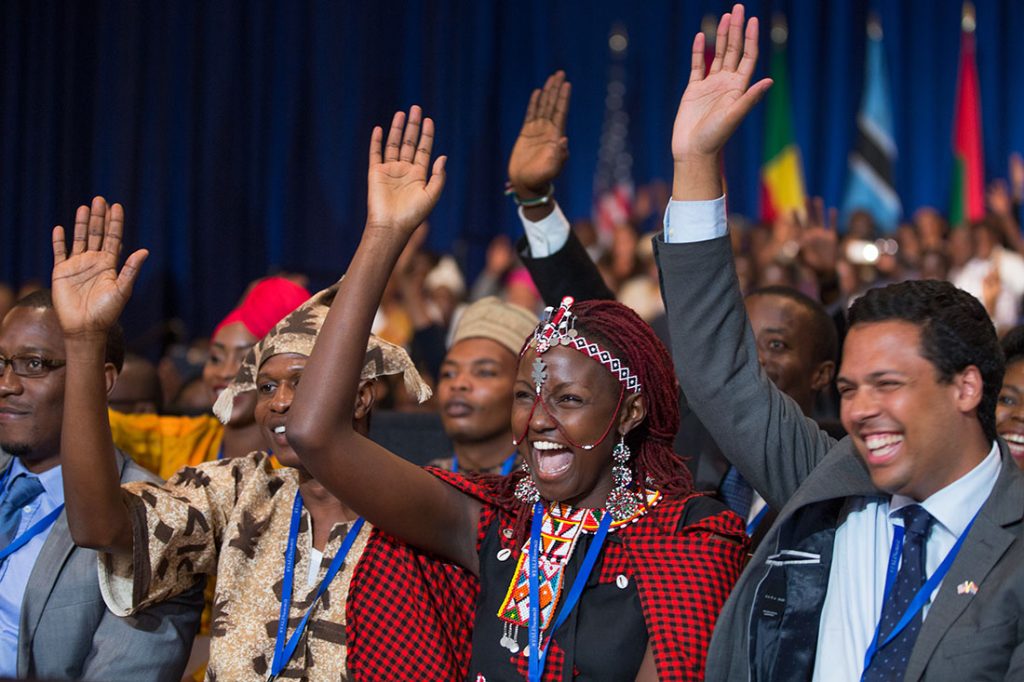
Empowering Africa: Key Interventions for Economic Development
Africa is a continent of immense potential and diverse opportunities. Its rich natural resources, young and growing population, and increasing urbanization all point towards a promising economic future. However, realizing this potential requires strategic interventions that address the unique challenges facing the continent. In this blog post, we will explore some crucial interventions for Africa’s economic development.
Infrastructure Investment
Investment in infrastructure is a cornerstone of economic development. Improved roads, ports, railways, and energy supply not only enhance domestic connectivity but also facilitate international trade. The African Union’s Program for Infrastructure Development in Africa (PIDA) is a comprehensive initiative aimed at addressing Africa’s infrastructure deficit. Governments and international partners must continue to prioritize infrastructure development to unlock economic growth.
Education and Workforce Development
A well-educated and skilled workforce is essential for economic growth. Investing in education and vocational training programs can equip African youth with the skills needed for the job market. By prioritizing education, governments can ensure that their citizens are competitive in the global economy. Additionally, fostering innovation and entrepreneurship in the education system can lead to the creation of new businesses and industries.
Agricultural Transformation
Agriculture remains a fundamental sector of Africa’s economy, employing a significant portion of the population. However, the sector faces challenges such as low productivity, limited access to modern farming techniques, and climate change. To promote economic development, there is a need for investments in agricultural research, technology, and value chains. Sustainable agricultural practices can not only increase food security but also drive economic growth through exports.
Access to Finance
Access to finance is a critical factor in economic development. Many Africans, especially those in rural areas, lack access to formal financial services. Governments and financial institutions should work together to expand access to credit, savings accounts, and insurance services. Innovative financial technologies (fintech) can play a significant role in reaching underserved populations and promoting financial inclusion.
Governance and Institutional Reforms
Effective governance and strong institutions are crucial for attracting investments, promoting transparency, and ensuring the rule of law. African governments must prioritize anti-corruption measures, streamline bureaucratic processes, and strengthen the judiciary. A stable and predictable business environment is essential to attract both domestic and foreign investors.
Regional Integration
Africa’s economic development can be accelerated through regional integration. The African Continental Free Trade Area (AfCFTA), launched in 2021, is a landmark agreement that aims to create a single market for goods and services across the continent. By reducing trade barriers and promoting intra-African trade, AfCFTA has the potential to boost economic growth and create job opportunities.
Sustainable Development
Sustainability should be at the core of Africa’s economic development efforts. As the continent industrializes, it must do so in a way that minimizes environmental impact and promotes green growth. Investing in renewable energy, sustainable agriculture, and responsible resource management will help secure a prosperous and sustainable future for Africa.
Africa’s economic development is a complex and multifaceted challenge, but it is also a tremendous opportunity. By focusing on critical interventions such as infrastructure development, education, agricultural transformation, access to finance, governance reforms, regional integration, and sustainability, African nations can pave the way for lasting economic growth and prosperity. Collaboration among governments, international organizations, and the private sector will be essential to turn this vision into reality. Africa’s journey toward economic development is a journey of hope, resilience, and determination, and the world should stand ready to support it every step of the way.